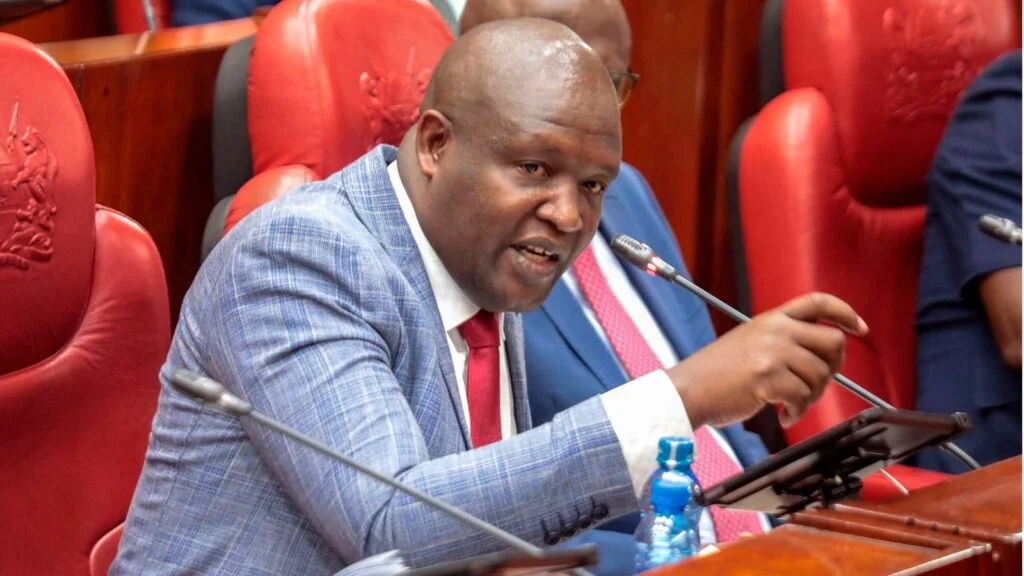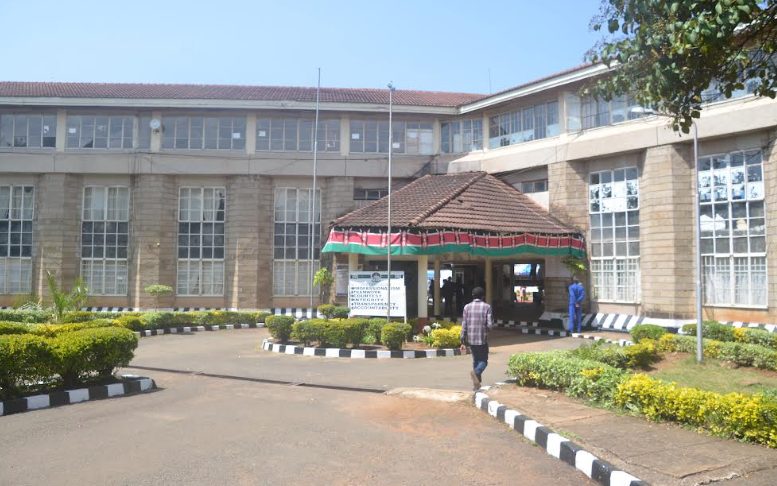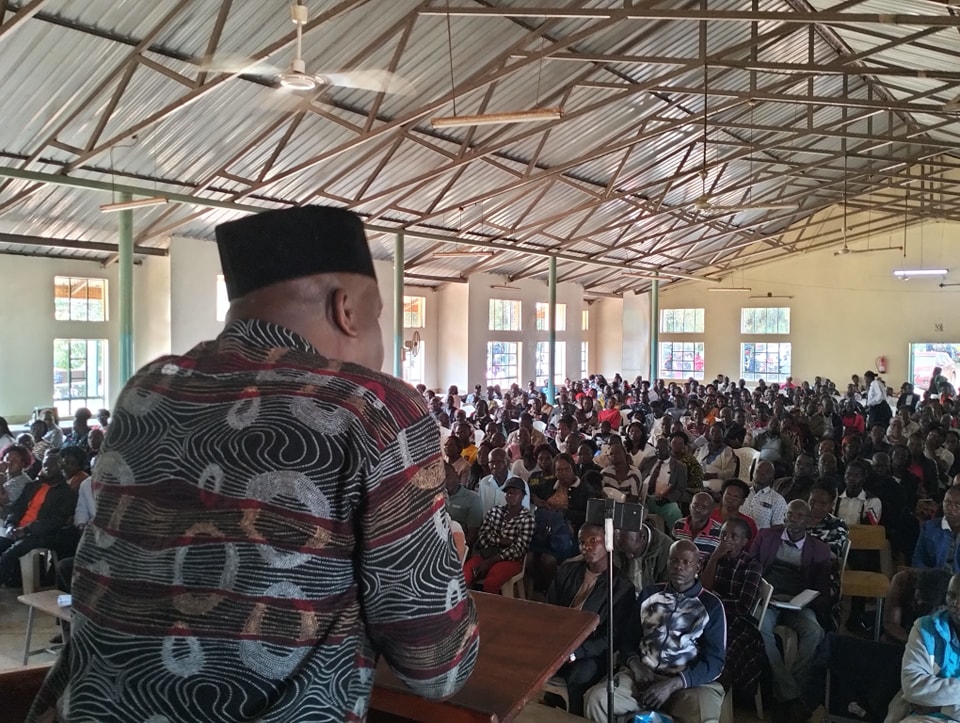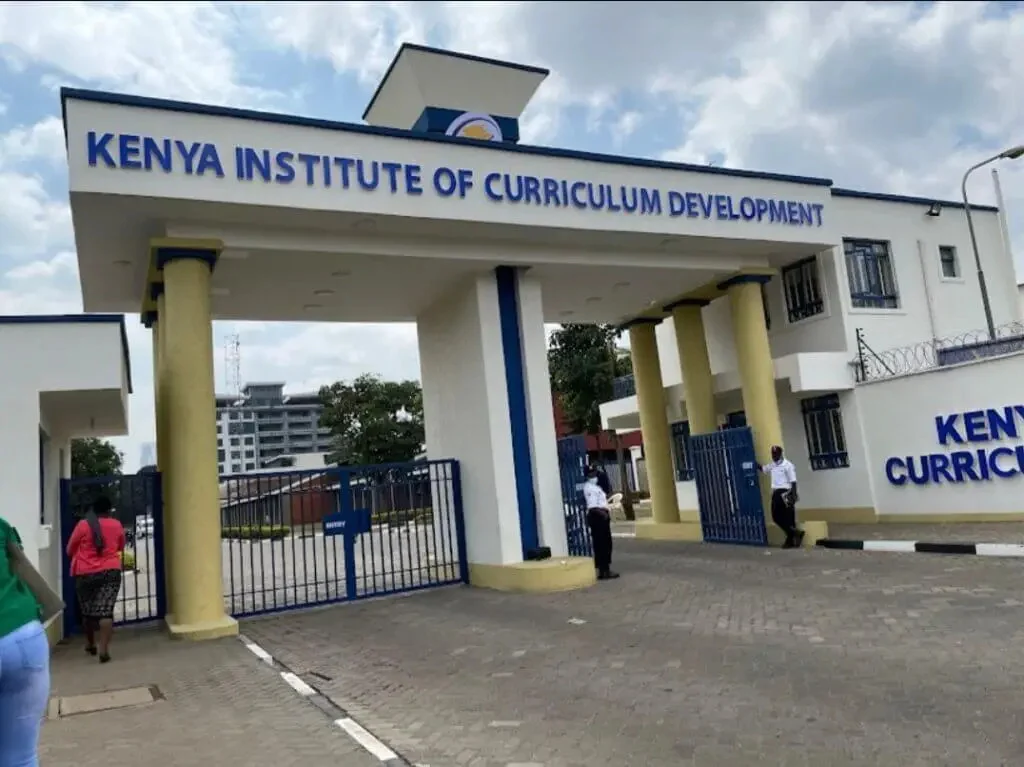The Council of Governors (CoG), in partnership with Food for Education, is developing a model school feeding policy for counties, aimed at establishing sustainable, locally appropriate nutrition programmes in Early Childhood Education Centres.
Speaking at a meeting of County Executive Committee Members (CECMs) recently, CoG Education Committee Chairperson Enick Mutai said that the devolved units were facing critical challenges in addressing malnutrition among pre-primary learners.
Mutai who is the Kericho governor, told the 47 CECMs that persistent malnutrition manifests as stunting, wasting, and micronutrient deficiencies, which severely undermine cognitive development and academic performance among pre-primary children across the country.
“The policy seeks to implement quality, accessible, and equitable school feeding programmes countywide.
ALSO READ:
“Besides establishing robust financing mechanisms and multi-sectoral partnerships, prioritizing local food procurement and farmer cooperatives, and deploying evidence-based evaluation systems,” said Mutai.
The governor also said that they intend to embed school feeding in County Integrated Development Plans, establish dedicated funding streams and capitation grants, and develop strategic partnerships with the private sector and communities.
He further said that counties will prioritise home-grown food procurement from local farmers, facilitate farmer cooperative linkages to school feeding programmes, and develop school gardens and agricultural clubs.
“The CoG is working towards building standardized kitchens, dining facilities, and secure storage, ensuring access to clean water and sanitation facilities, and training and certifying food handlers on safety and nutritional standards,” he said.
“We will involve communities by hosting nutrition education forums and establishing school meal committees, integrating inclusive feedback systems for marginalised groups, and promoting community ownership and oversight mechanisms,” said Mutai.
ALSO READ:
TSC taken to court for dropping teachers from promotion list
The governor said that if the programme succeeds, it will ensure improved nutrition through targeted meal guidelines and micronutrient supplementation, with increased attendance and enhanced cognitive development. He said that they are going to deploy comprehensive Monitoring, Evaluation, Reporting, and Learning systems with digital tracking capabilities, aligning with national frameworks while addressing local contexts through intergovernmental collaboration.
According to Mutai, the programme will lead to strengthened local economies through farmer partnerships and ensure universal coverage so that no child is excluded due to poverty or marginalization.
“Post-devolution initiatives suffer from insufficient funding, unclear policy frameworks, fragmented programmes, and inadequate institutionalisation, creating vulnerability to external shocks,” said Mutai.
By Brian Ndigo
You can also follow our social media pages on Twitter: Education News KE and Facebook: Education News Newspaper for timely updates.
>>> Click here to stay up-to-date with trending regional stories
>>> Click here to read more informed opinions on the country’s education landscape






